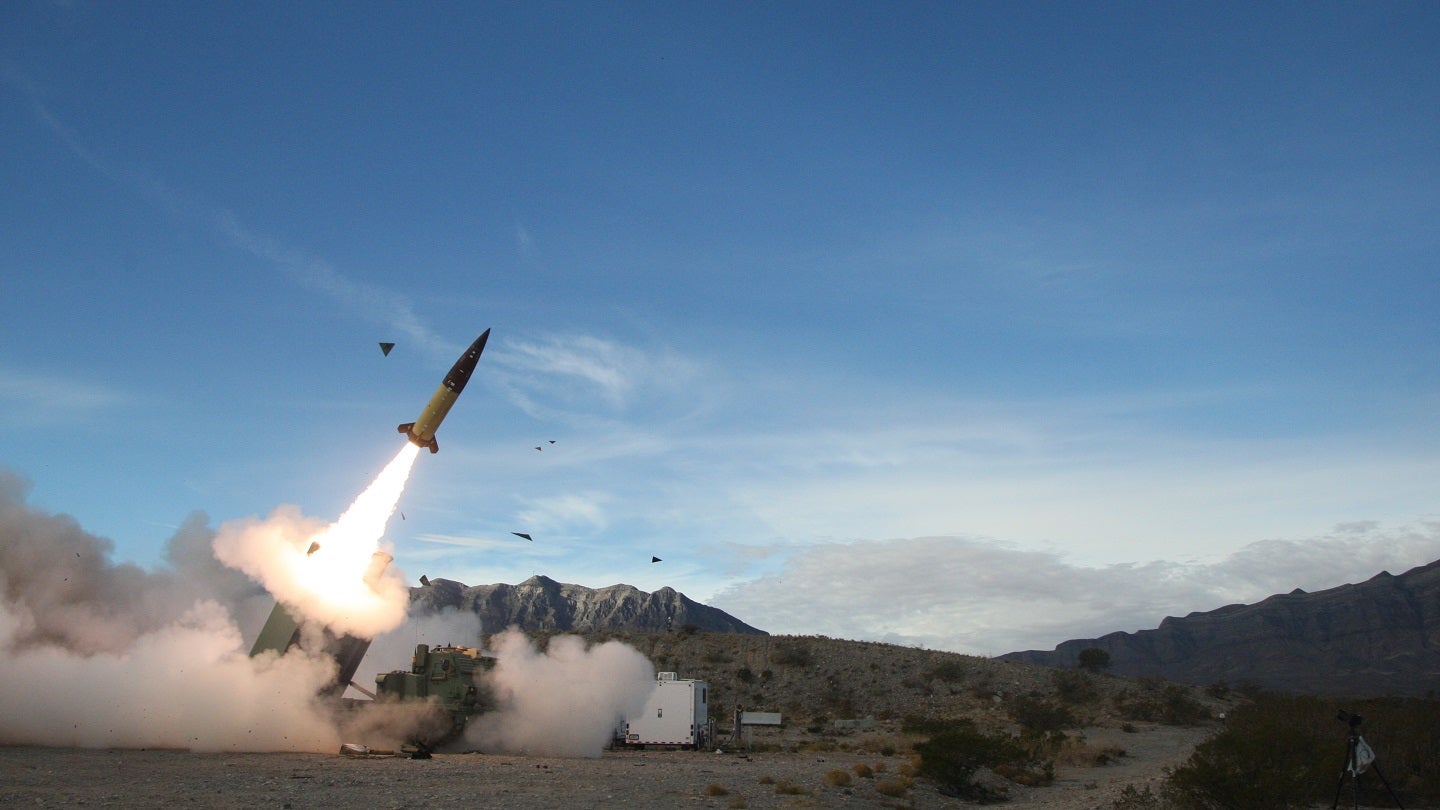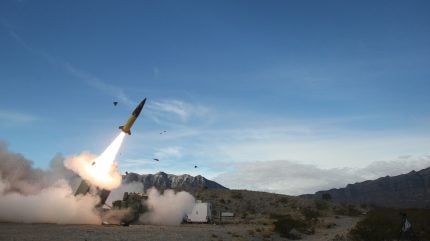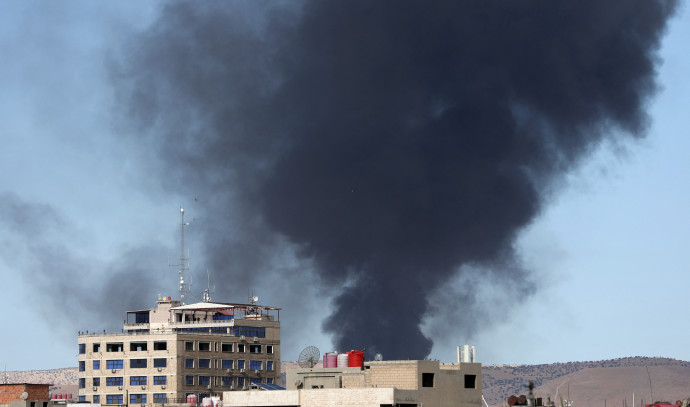US concerns about ‘escalation’ prevent Ukrainian request for ATACMS long-range strike


A spokesman for the US Department of Defense (DoD) said the US had decided to continue to prohibit Ukraine from using ammunition from the Army Tactical Missile System (ATACMS) in deep-strike operations inside Russia in order to avoid “escalation”.
The US reaffirmation of this stance by a US Department of Defense spokesman on July 12 came less than 24 hours after Ukrainian President Volodymyr Zelenskyy demanded that Ukraine be capable of using long-range munitions against military targets deep inside Russian territory.
Although the US is the largest single supplier of weapons to Ukraine, it has always been cautious about being the first to donate what could be seen as an escalatory development, from battle tanks (which came first from the UK) to long-range missiles (which came first from the UK and France) and even F-16 fighter jets, where European countries again bore the burden.
Ukraine eventually received a batch of ATACMS munitions from the US after fierce opposition from within the Biden administration, which was keen to avoid being seen as expanding the supply of cutting-edge military capabilities to Kyiv, as it puts it.
Only after the US and UK agreed to supply Storm Shadow/SCALP cruise missiles did Washington give in and allow the delivery of ATACMS to Ukraine.
In a speech on July 12, a US Department of Defense spokesman said the Pentagon is “always looking for escalation,” and that this appears to be the main reason for the current ban on large-scale attacks by Ukraine on Russia using ATACMS.
“(US President Joe Biden) addressed this directly on July 11, our policy has not changed,” the Defense Department spokesman said. “At this time, we have not authorized the use of ATACMS for deep strike capabilities within Russia.”
The spokesman added that the US had allowed Ukraine to carry out cross-border attacks while Russia itself was attacking from the other side of the shared border – without specifying the munitions used – which “could spread to other areas”.
Selenskyj advocates ATACMS attacks
This impasse came at the end of the NATO summit in Washington, where the US and its allies publicly expressed their support for Ukraine in the fight against Russia. However, according to Zelensky, important weapons are either not being fully used due to restrictions imposed by donors or are arriving with significant delays.
In a July 11 post on the social media platform X, Zelenskyy stated: “ATACMS, SCALPs and Storm Shadows would be even more effective if we could hit Russian military airfields from which planes carrying the glide bombs take off.”
In his post addressed to NATO member states, Zelensky continued that it was “only fair to destroy those military bases that attack us and kill our people,” making an emotional plea for a relaxation of US and allied restrictions.
“Each of you would defend yourself in the same way. We need this permission from our partners and, above all, from the United States,” Zelenskyy said.
Ukraine paralyzed by US restrictions
In fact, Ukraine is hamstrung by its inability to launch a long-range strike against Russia, such as Russia is launching against Ukraine. Washington is making a conscious decision to provide enough equipment and capabilities to prevent Ukraine’s defeat, but by imposing operational constraints, it is making the likelihood of a Kyiv victory extremely low.
Militarily, Ukraine appears capable of defending the front lines, with Russia having achieved tactical successes in its summer offensive.
However, without the ability to attack key airfields and military logistics hubs in Russia, Ukraine will not be able to weaken Moscow’s military and thus create favorable conditions for a future ceasefire or peace treaty.
With Kyiv continuing to be denied the capabilities it believes it needs to win the war against Russia that has cost hundreds of thousands of soldiers and civilians their lives, an end to the brutal conflict remains a long way off.





